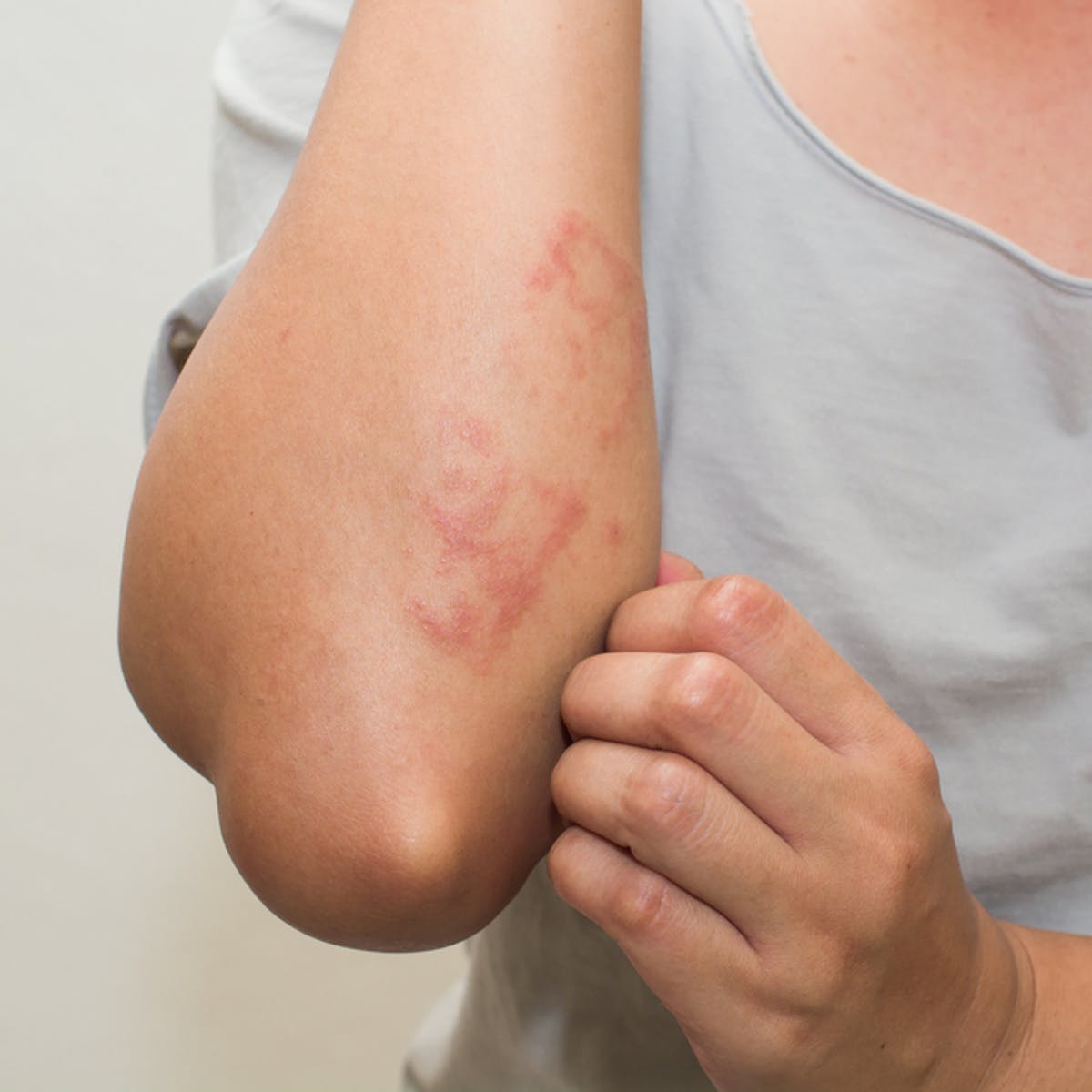How to relieve itchy skin?
Rashes can be maddeningly itchy, no matter what the cause. We all know not to scratch. That only makes it worse and may cause infection.
Doctors are likely to prescribe creams, lotions, or antihistamines for relief. They may also suggest cold compresses or other home remedies.
Here are some relief measures to try, along with information about why they might work.
1. Cold compress
One of the fastest and easiest ways to stop the pain and itch of a rash is to apply cold. Whether you choose a cold compress, cool showers, or damp cloth, cold water can bring immediate relief and can help stop swelling, ease itching, and slow the progression of a rash.
Consider making or purchasing fabric bags stuffed with ice. They freeze well, and they can be heated for other uses.
2. Oatmeal bath
The U.S. Food and Drug Administration (FDA) approved the use of oatmeal in suspension (colloidal oatmeal) as a skin protectant in 2003. Today there are many over-the-counter skin products containing oatmeal.
Colloidal oatmeal dissolved in a bath can relieve itchiness. Commercial brands of oatmeal baths, like Aveeno, come in ready-to-use packets, measured for a single bath. Or you can very finely grind regular oatmeal in a food processor or blender and add 1 cup to bathwater.
3. Aloe Vera (fresh)
The aloe vera plant has been used for centuries Trusted as an aid to health and skincare. You may be familiar with its use to promote the healing of small cuts in the kitchen.
In addition to wound healing, aloe has been used as an anti-inflammatory, antimicrobial, antiviral, and antioxidant. Although it’s widely used, much of the evidence for its effectiveness is anecdotal, and more studies are needed.
4. Coconut oil
Coconut oil, extracted from the meat and milk of coconuts, has been used for centuries in tropical countries as a cooking oil and skin moisturizer. It’s high in saturated fats and has antiseptic and anti-inflammatory properties.
People allergic to coconut should test it first on one spot on the inner arm. If no reaction occurs within 24 hours, it should be safe to use. Discontinue use if irritation develops.
5. Tea tree oil
The tea tree (Melaleuca alternifolia) is native to Australia where it was originally used by the aboriginal people as an antiseptic and anti-inflammatory. It’s an essential oil that is steam-distilled from the plant.
Baking soda (sodium bicarbonate) is an old household remedy for itchy skin — rashes, poison ivy, or bug bites.
7. Indigo Naturalis
Indigo Naturalis is a dark-blue powder made from a dried Chinese herb. Indigo Naturalis may be effective as a topical treatment for mild to moderate psoriasis and conditions caused by inflammation.
8. Apple cider vinegar
Apple cider vinegar is a centuries-old remedy for skin and other ailments known for having antimicrobial properties Trusted Source as well. There’s plenty of anecdotal evidence for its use, but only a limited number of scientific studies.
9. Epsom salts (or Dead Sea salts)
Epsom salts (magnesium sulfate) has traditionally been used in a warm bath to soothe muscle aches and pains. But soaking in Epsom salts or magnesium- and mineral-rich Dead Sea salts may also help relieve itching and scaling.
10. Plant oils
Many different plant oils can be used effectively to moisturize itchy skin. These include olive oil, safflower seed oil, argan oil, jojoba, and chamomile. These oils have different compounds and different effects on the skin.
Still got queries, login to Quickobook.com and book an appointment for the best Dermatologists in the valley.









Comments (0)
No comments yet. Be the first to share your thoughts!
Leave a Comment